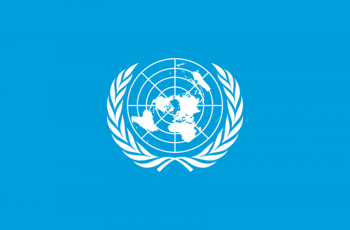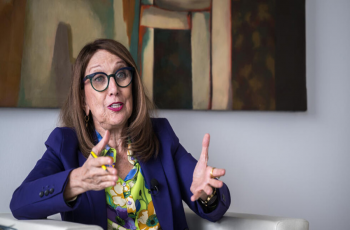Sportsmen Who Have Struggled With Gambling 'Can Play Vital Role' For Addicts
Sportsmen who have battled a gambling problem can use their traumatic experiences to educate and help fellow professionals struggling with the same affliction.

Photo: TYT
London (AFP): Sportsmen who have battled a gambling problem can use their traumatic experiences to educate and help fellow professionals struggling with the same affliction.
That is the message from Michelle Evans, head of communications and well-being at the Professional Footballers' Association Scotland, who says the problem appears to be growing.
Evans bases this judgement on the number of players who have approached her for help in the past year, adding that it is difficult to get a grip on overall numbers as many cases go under the radar.
Former Arsenal and England captain Tony Adams, who struggled with alcoholism, believes gambling in the game is now a bigger problem than drinking.
"Gambling has been an issue even stretching back to my playing days," said Adams, who founded the Sporting Chance Clinic to help athletes suffering from addictions.
"But it seems to be the biggest issue now, more than alcohol."
Evans says players who have a gambling problem deserve sympathy not criticism.
"People have to understand they have a sickness," she told the recent Betting on Sports Europe conference.
"It's just it is hidden, whereas someone with cancer, their hair is falling out so you naturally feel sorry for them. You should also feel sorry for those with a gambling problem."
Evans says one encouraging sign is that more footballers appear willing to come forward and talk to her about the issue, but she has dealt with "far too many" in the past year.
She says she prefers to act as a link for players to communicate with those who have faced the same issues.
"I'm sure players see me coming and think 'here she comes again to talk about not betting on football'," Evans said.
"I sometimes feel like I'm a teacher, but I've found that if anything happens with these players, they'll call me first.
"The lived experience and the awareness of actually seeing a sports person and someone that has walked in those same shoes in front of you is fundamental."
'Euphoric feeling'
Scott Davies is just one example of someone who has turned his life around after a gambling addiction damaged a promising footballing career. He estimates he spent £200,000 ($266,000) on the habit.
Now 32, the former Ireland under-21 midfielder has been engaged in talking to players in the English Football League after being hired by EPIC Risk Management, a gambling harm-prevention consultancy.
"I think it's so important now that I can show where I was at in my life in order to help other people," he said. "Gambling gave me that euphoric feeling almost like scoring a goal, that stimulation that I craved."
Davies says gambling has surpassed alcohol and drugs in terms of an addiction among footballers because it is easier to hide.
"Gambling is by far the highest addiction, which is not news to people and was exacerbated by the coronavirus pandemic lockdown," he said.
"As a professional footballer, you walk into training in the morning and stink of alcohol it will be frowned upon.
"There is frequent drug-testing too so a lot turn to gambling, it is their go-to, their release."
Davies says the only way the problem will be remedied is by educating players about the ruinous nature of gambling.
"More needs to be done in world football and sport in general," he said. "It is only going to get worse unless more educational programmes to help and get people better are introduced.
"It was not until I was 27 did anyone talk to me about the problems. I kind of missed the boat a bit."
-

Indigenous people march in Brazil to demand land demarcation
2024-04-24 -

Talks on global plastic treaty begin in Canada
2024-04-24 -

Colombian court recognizes environmental refugees
2024-04-24 -

Asia hit hardest by climate and weather disasters last year, says UN
2024-04-23 -

Denmark launches its biggest offshore wind farm tender
2024-04-22 -

Nobel laureate urges Iranians to protest 'war against women'
2024-04-22 -

'Human-induced' climate change behind deadly Sahel heatwave: study
2024-04-21 -

Moldovan youth is more than ready to join the EU
2024-04-18 -

UN says solutions exist to rapidly ease debt burden of poor nations
2024-04-18 -

Climate impacts set to cut 2050 global GDP by nearly a fifth
2024-04-18
